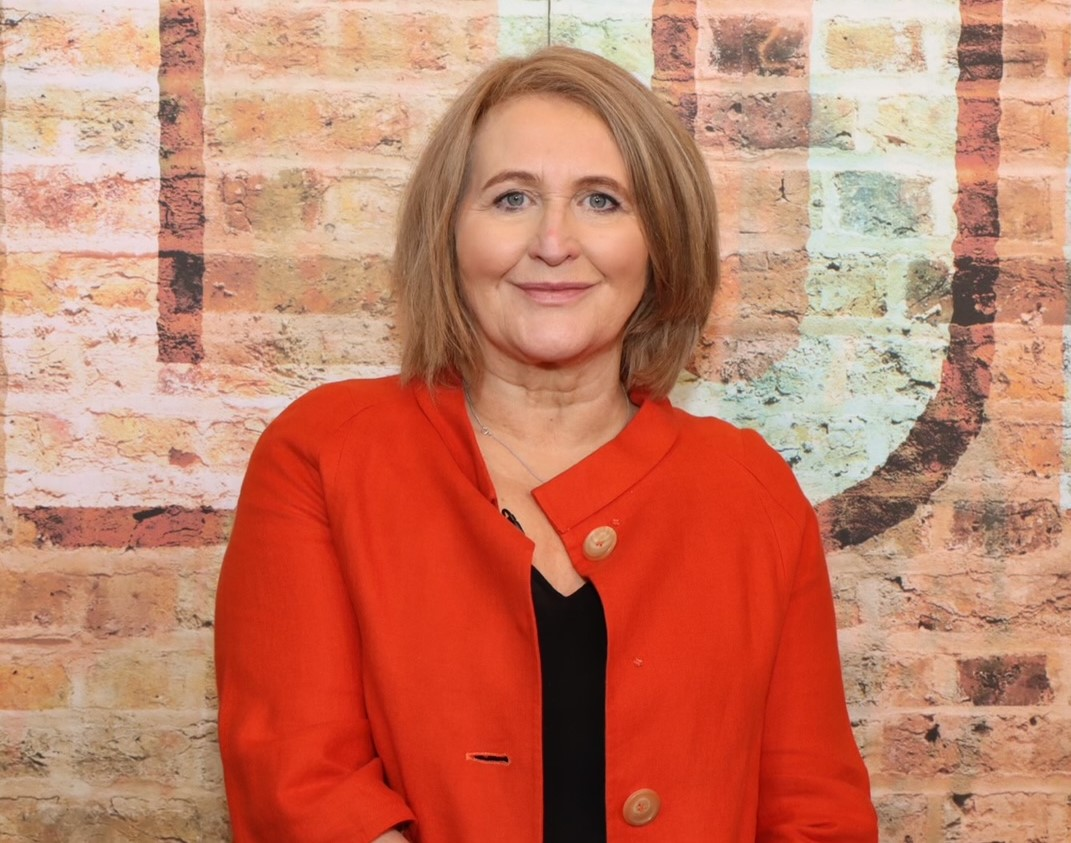As the Small Charities Coalition shuts its doors, one of its co-founding members reflects on its journey.
------------------------------------------------------------------------------------------------------------------
The closure of the Small Charities Coalition comes as a huge blow for small charities and community groups. As the country continues to grapple with the social and economic effects of the ongoing coronavirus pandemic, the closure of a vital support line is a stark reminder that SCC members were and will continue to be critical in providing support to the nation.
It is a significant loss to small charities, who are going to be stripped of an organisation that understands their challenges and offers a voice for underrepresented groups. The SCC championed the role and value of small charities. By any definition, small charities make up the majority of the sector and I’m very proud that the SCC put them on the radar. Before its inception – very few, be it the government or the sector itself – talked about small charities; infrastructural support was very inconsistent.
In the beginning, we were invited to the table as a box-ticking exercise, but as our membership grew, our voice got louder and more influential. The growth in membership reflected the glaring need for an organisation like the SCC to provide support for the majority of charities in the sector. Small charities are “stronger, together”; that was our strapline in the early days, based on the idea of amplifying the voice and impact of charities. This was necessitated by the fact that small charities are strapped on skills and resources. We created tailored services that were relevant, accessible and often free.
Could the closure have been avoided? The news came abruptly with no forewarning of the extent of the funding issues that the SCC faced. Could it have adopted a userled approach or a community ownership model? Would charging a membership fee help? Could the government have stepped in and offered funding? Is a crowdfunder an option? I don’t doubt that the staff and trustees at the SCC would not have explored every possible avenue. This will not have been an easy decision for them to make.
The closure of the SCC is a reflection of the fundraising and infrastructural support issues that have plagued the sector for a long time. If charities are struggling, it usually means the charity infrastructure is struggling too. The closure reflects just how tough fundraising is for charities. The SCC had the profile, it had the contacts and, importantly, it had the experience in fundraising and yet it struggled to stay afloat. The issues small charities face are perennial, they almost never change. The biggest challenge has and will always be funding.
Without support and representation for small charities, we run the risk of losing sight of what makes small charities unique and why they should not be lumped in with their larger cousins. Small charities tackle the niche issues that affect our society. Small charities will always need infrastructure support. And while I am very sad that the SCC will no longer be with us to provide it, I truly believe this is not the end. The supporting role could be taken on byany number of other infrastructure organisations such as the FSI, NCVO or ACEVO. It’s time that we do what our sector does best, mobilise and create positive change in the face of adversity.
Latest News
-
X-odus sparks video content boom among charities, report finds
-
Charity handed £25m endowment from autistic philanthropist to help others with the condition
-
Civil Society Covenant blighted by delays and U-turns, report warns
-
More than 30 jobs at risk as hospice charity looks to close home care service
-
Cranfield Trust: A guide for charity leaders on navigating local authority devolution
-
Friday funding roundup - 20 February
Charity Times video Q&A: In conversation with Hilda Hayo, CEO of Dementia UK
Charity Times editor, Lauren Weymouth, is joined by Dementia UK CEO, Hilda Hayo to discuss why the charity receives such high workplace satisfaction results, what a positive working culture looks like and the importance of lived experience among staff. The pair talk about challenges facing the charity, the impact felt by the pandemic and how it's striving to overcome obstacles and continue to be a highly impactful organisation for anybody affected by dementia.
Charity Times Awards 2023
Mitigating risk and reducing claims

The cost-of-living crisis is impacting charities in a number of ways, including the risks they take. Endsleigh Insurance’s* senior risk management consultant Scott Crichton joins Charity Times to discuss the ramifications of prioritising certain types of risk over others, the financial implications risk can have if not managed properly, and tips for charities to help manage those risks.
* Coming soon… Howden, the new name for Endsleigh.
* Coming soon… Howden, the new name for Endsleigh.
Better Society

© 2021 Perspective Publishing Privacy & Cookies














Recent Stories